
Sproutt is a platform that connects users with term life insurance policies tailored to their unique needs by leveraging AI technology and lifestyle-based assessments. Here’s what you need to know about term life insurance from Sproutt:
Key Features of Sproutt Term Life Insurance
- AI-Driven Recommendations
Sproutt uses its proprietary Quality of Life Index (QL Index) to evaluate factors like health, exercise, nutrition, and emotional well-being. This helps recommend policies that suit your profile, potentially leading to competitive premiums. - Wide Network of Insurers
Sproutt partners with leading life insurance providers to offer a variety of term life insurance options. These partnerships allow users to compare quotes and select policies with different coverage amounts and terms. - Simple Application Process
- Online applications are user-friendly and quick.
- Many policies offer no medical exam options, depending on eligibility.
- Customizable Coverage
- Term lengths typically range from 10 to 30 years.
- Coverage amounts can vary widely, making it flexible for different financial goals.
- Customer Satisfaction
Sproutt has garnered positive reviews for its intuitive platform and excellent customer service. However, as of recent developments, the company is reported to have declared insolvency, which may affect its operations.
What Happened to Sproutt?
In late 2024, Sproutt declared insolvency, raising concerns for existing and potential customers. While it previously excelled in offering competitive and user-friendly term life insurance policies, this development suggests the need for caution when choosing Sproutt for future insurance needs.
Alternative Options for Term Life Insurance
If Sproutt is no longer a viable option, here are some trusted alternatives for term life insurance:
- Haven Life: Backed by MassMutual, offers affordable term policies with an easy online application process.
- Bestow: Specializes in no-medical-exam policies with quick approval.
- Ladder: Allows policyholders to adjust coverage as their needs change.
- Fabric: Provides term life insurance alongside financial planning tools.
- Ethos: Offers a variety of term policies with flexible coverage amounts.
FAQs
1. What is term life insurance?
Term life insurance provides coverage for a specific period (e.g., 10, 20, or 30 years). If the policyholder passes away during the term, the beneficiaries receive a death benefit.
2. Is term life insurance better than whole life insurance?
It depends on your goals. Term life insurance is often more affordable and straightforward, while whole life insurance includes a cash value component and lifetime coverage.
3. Does Sproutt offer no-medical-exam policies?
Yes, Sproutt previously offered no-medical-exam options for eligible customers. However, check with alternative insurers due to Sproutt’s insolvency.
4. How can I choose the best term life insurance?
Consider factors like premium affordability, coverage amount, term length, and the insurer’s financial stability.
Read more: Lumeza
If you are in the market for term life insurance, prioritize insurers with strong financial ratings and positive customer reviews to ensure a secure and reliable policy.
Term Life Insurance:

Term life insurance is a type of life insurance policy that provides coverage for a specific period, known as the “term.” If the policyholder passes away during this term, their designated beneficiaries receive a death benefit. Term life insurance is often favored for its affordability and simplicity compared to other life insurance types, such as whole or universal life insurance.
Key Features of Term Life Insurance
- Fixed Term Duration
- Common terms are 10, 20, or 30 years, though some insurers may offer shorter or longer options.
- Coverage ends when the term expires unless the policy is renewed or converted to permanent insurance.
- Affordable Premiums
- Premiums are generally lower than permanent life insurance policies because term policies do not build cash value and only provide death benefits.
- Customizable Coverage Amounts
- Policyholders can choose coverage amounts ranging from $50,000 to millions, depending on their financial needs and goals.
- Death Benefit
- Beneficiaries receive a lump sum payment that can be used for various needs, such as:
- Paying off debts (e.g., mortgage, student loans)
- Covering living expenses
- Funding education for children
- Securing retirement savings for a surviving spouse
- Beneficiaries receive a lump sum payment that can be used for various needs, such as:
Types of Term Life Insurance
- Level Term Life Insurance
- Premiums and coverage amount remain fixed throughout the term.
- Decreasing Term Life Insurance
- Coverage amount decreases over time, often used to match declining financial obligations, such as a mortgage.
- Convertible Term Life Insurance
- Allows policyholders to convert their term policy into a permanent policy (e.g., whole life) without undergoing a medical exam.
- Renewable Term Life Insurance
- Provides an option to renew the policy at the end of the term, though premiums may increase.
Who Needs Term Life Insurance?
- Young Families: To provide financial security for dependents.
- Homeowners: To cover mortgage payments in the event of death.
- Business Owners: To ensure the business can continue operating or debts can be paid off.
- Individuals on a Budget: Seeking an affordable way to secure financial protection for a specific period.
How to Choose the Best Term Life Insurance
- Determine Your Coverage Needs
- Calculate debts, future expenses, and income replacement needs.
- Select a Term Length
- Align the term with your financial responsibilities, such as the years left on a mortgage or until your children graduate.
- Compare Insurers
- Research companies with strong financial ratings and competitive premiums.
- Check Policy Features
- Look for options like convertibility or renewability for flexibility.
- Consider Health Factors
- Your health and age significantly impact premiums. Many insurers offer no-medical-exam policies for quick approvals.
Pros and Cons of Term Life Insurance
Pros:
- Affordable and straightforward.
- High coverage amounts available.
- Flexible terms to suit different needs.
Cons:
- No cash value or investment component.
- Coverage ends at the term’s expiration unless renewed.
- Premiums may increase with renewals due to age.
FAQs
1. Can I renew my term life insurance?
Yes, many policies offer a renewal option, though premiums typically increase with age.
2. What happens if I outlive my term life insurance?
The coverage ends, and there is no payout. Some policies offer return-of-premium options, where premiums paid are refunded if no claim is made.
3. Is a medical exam required for term life insurance?
Many insurers require a medical exam, but some offer no-medical-exam policies with higher premiums or limited coverage.
4. How much coverage do I need?
A general rule is to aim for a death benefit 10–15 times your annual income. Adjust based on debts, dependents, and long-term goals.
Leading Term Life Insurance Providers
- Haven Life: Backed by MassMutual, offers a seamless online experience.
- Bestow: Focuses on no-medical-exam policies with fast approval.
- Ladder: Provides flexible policies allowing coverage adjustments.
- Fabric: Ideal for young families with additional financial planning tools.
- Ethos: Offers coverage for a broad range of customers, including seniors.
If you’re seeking financial protection for a specific period, term life insurance is an excellent option to ensure your loved ones are secure in the event of your passing.
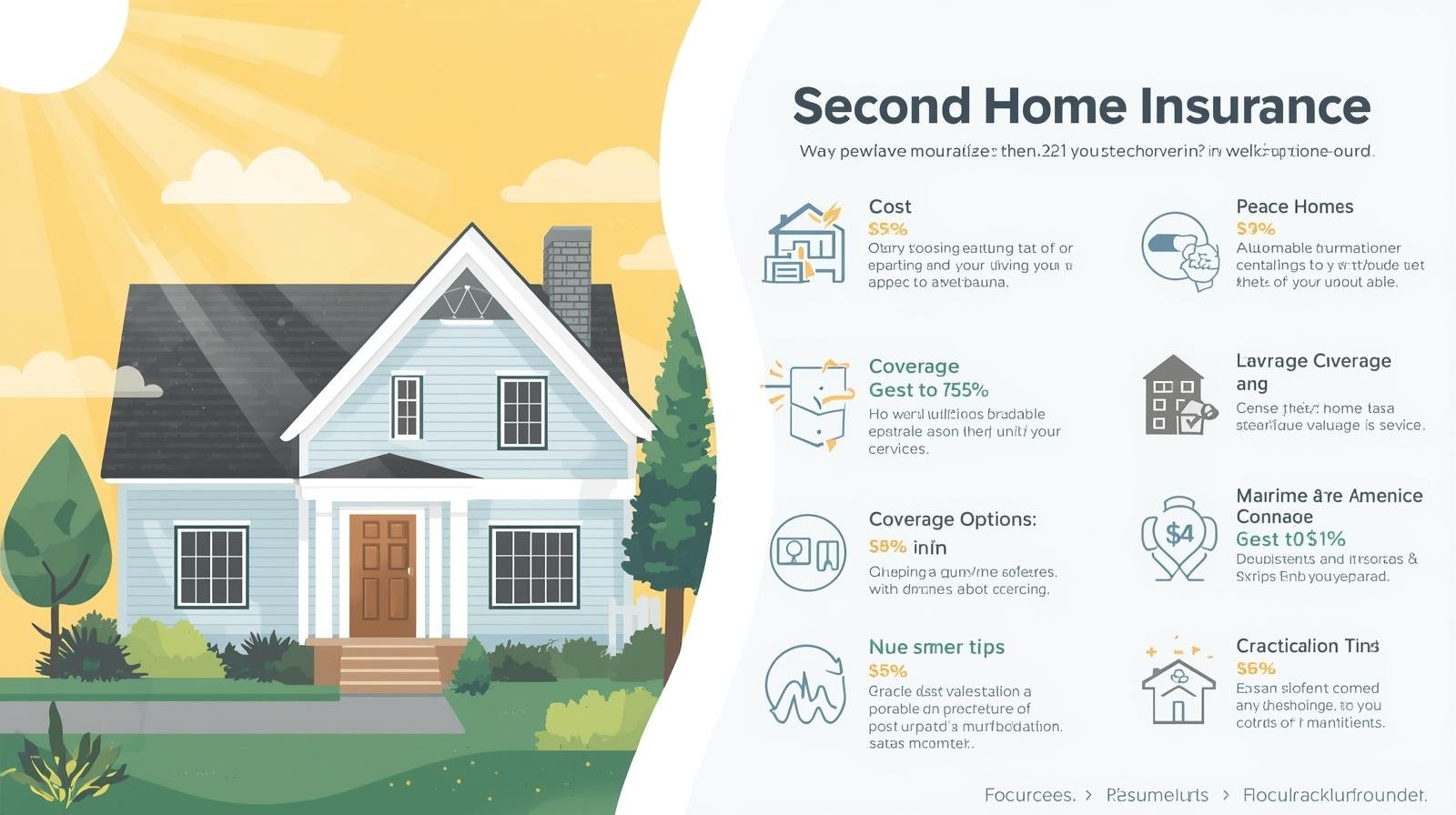
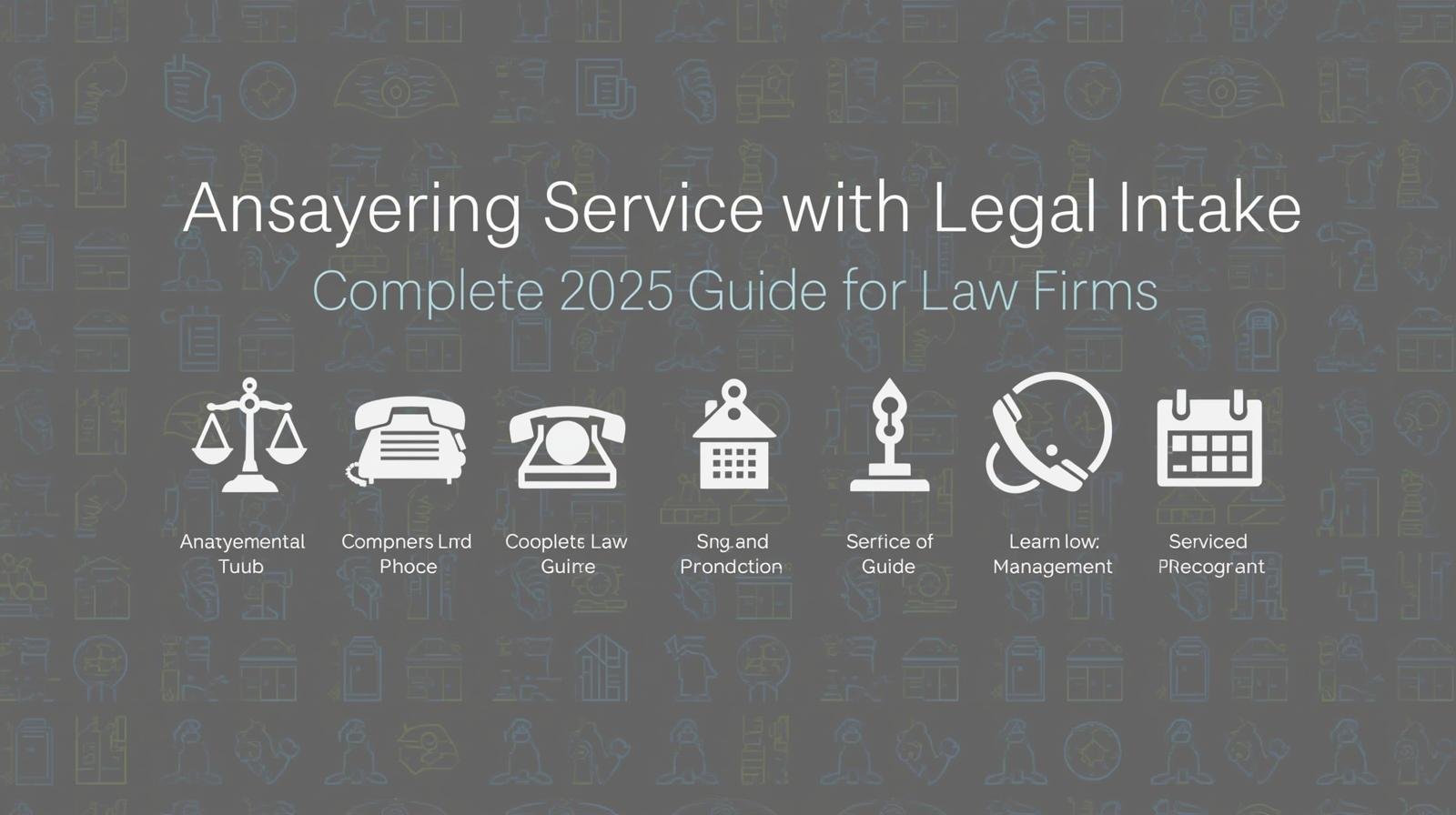
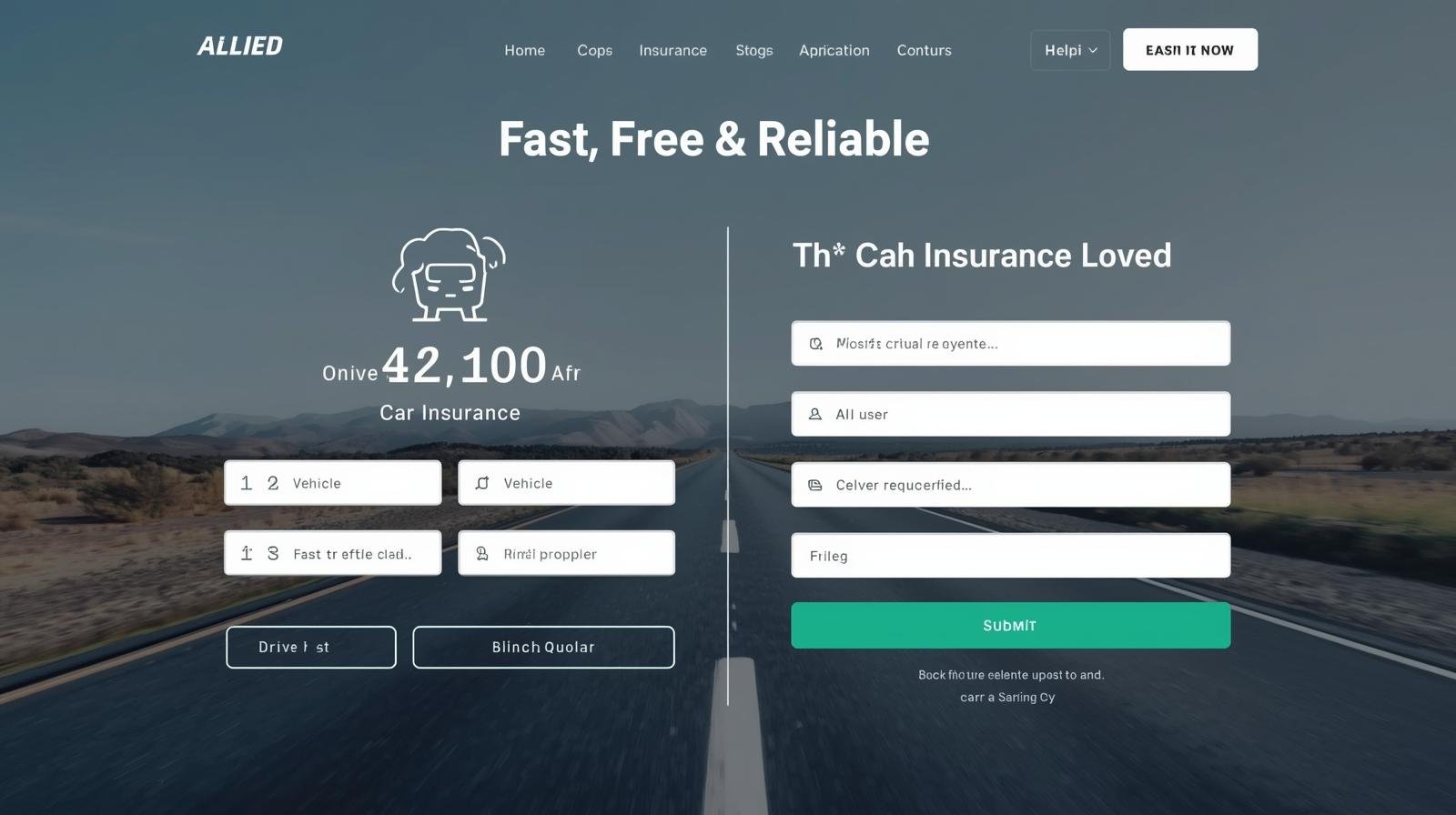
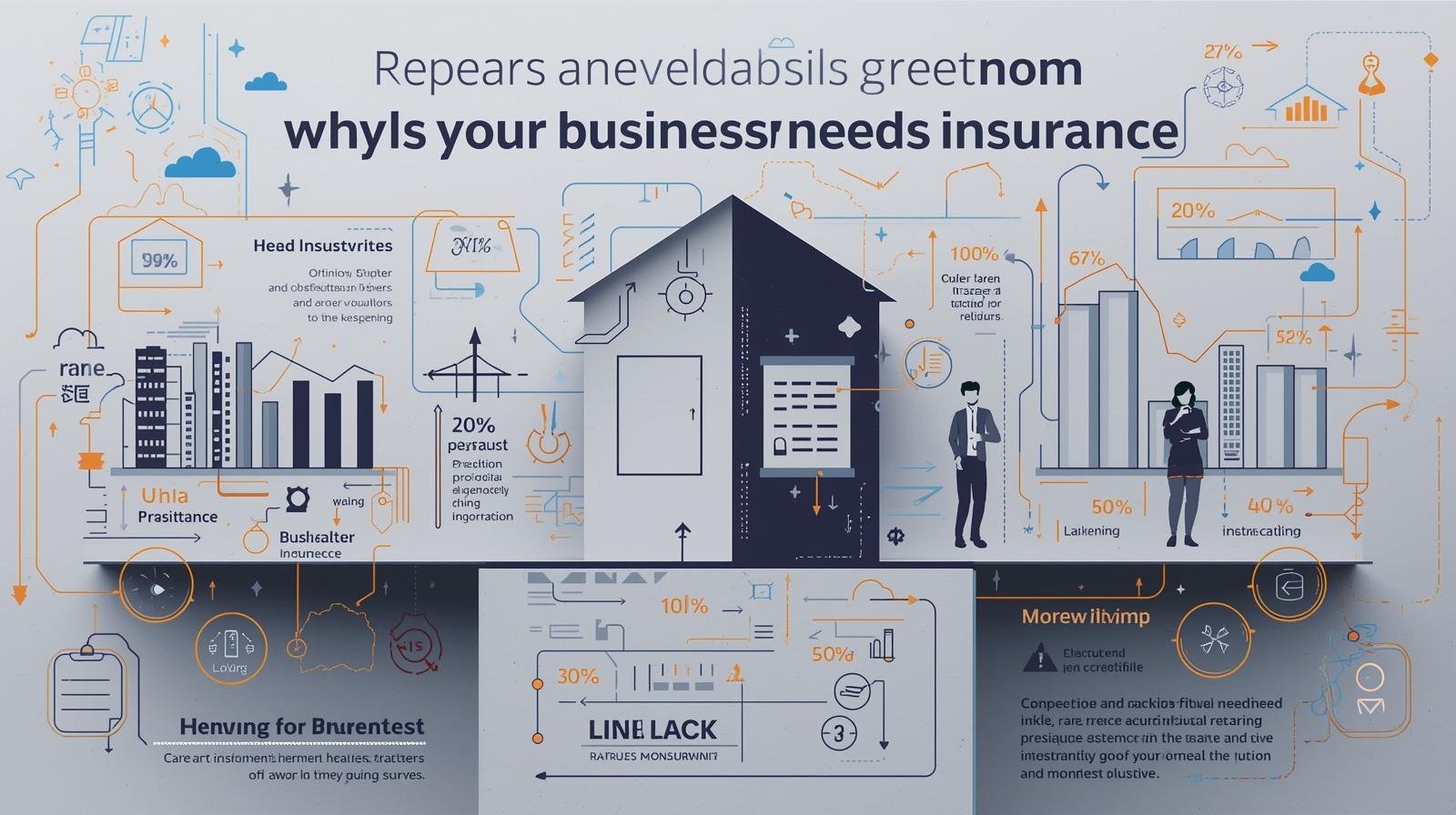

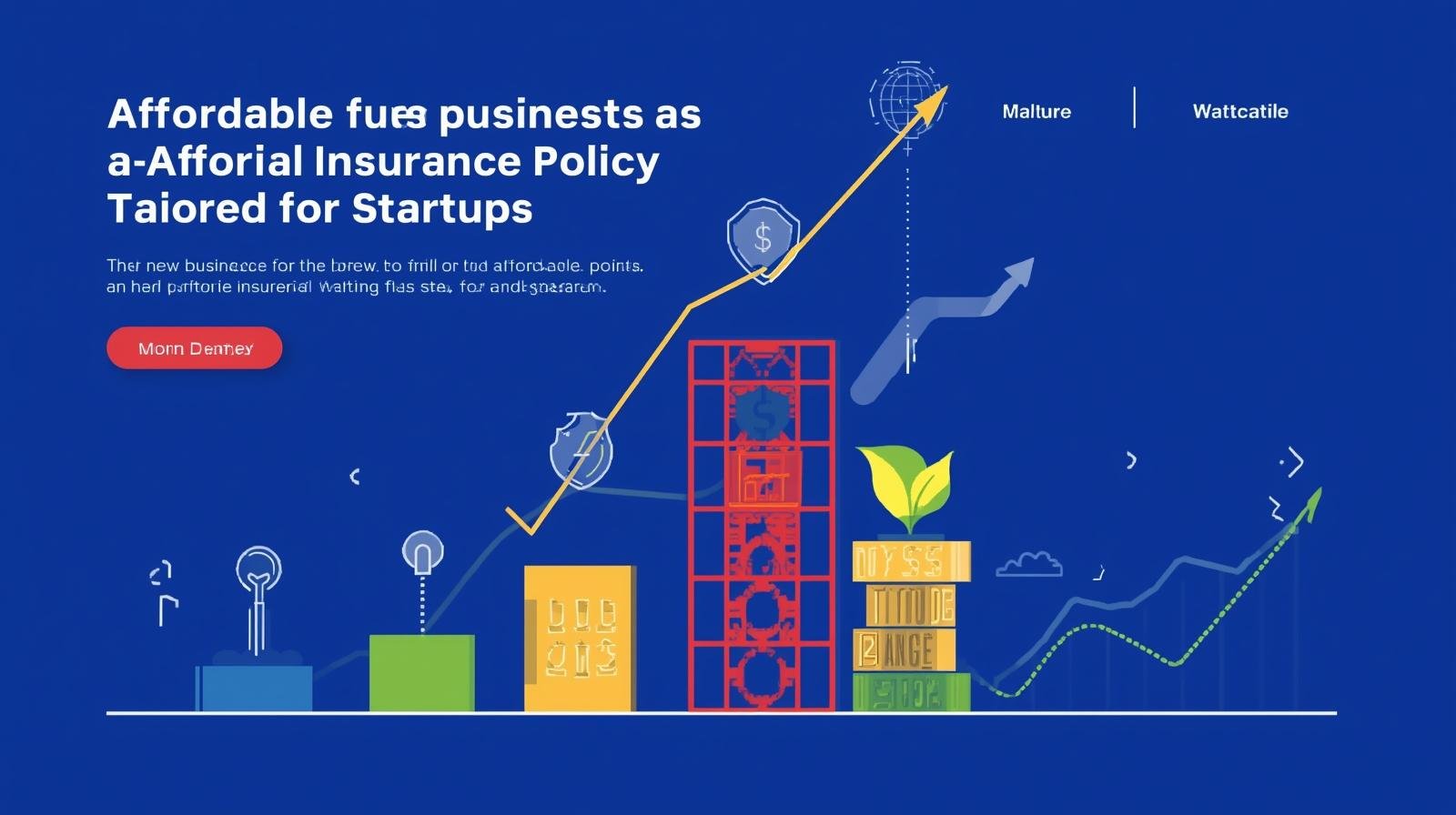



Leave a Reply